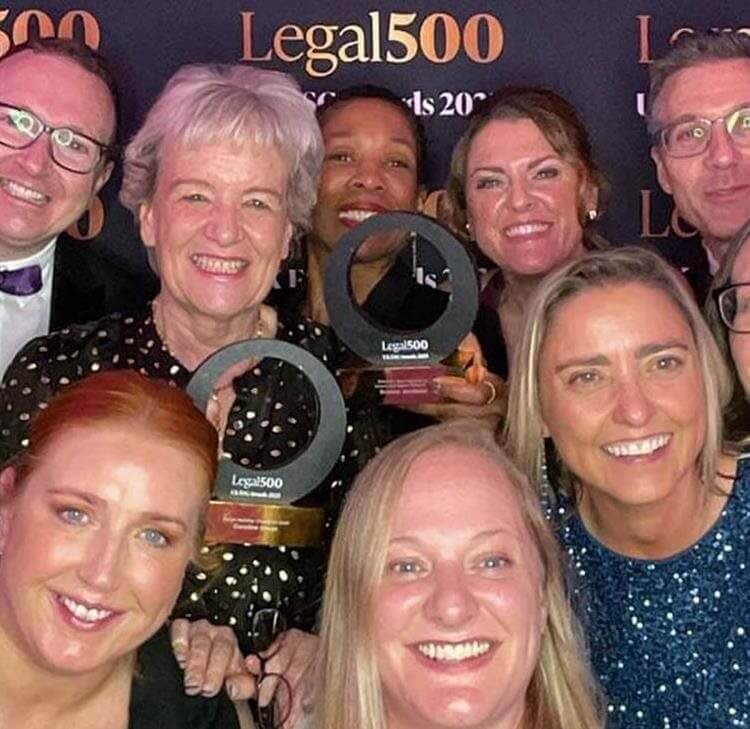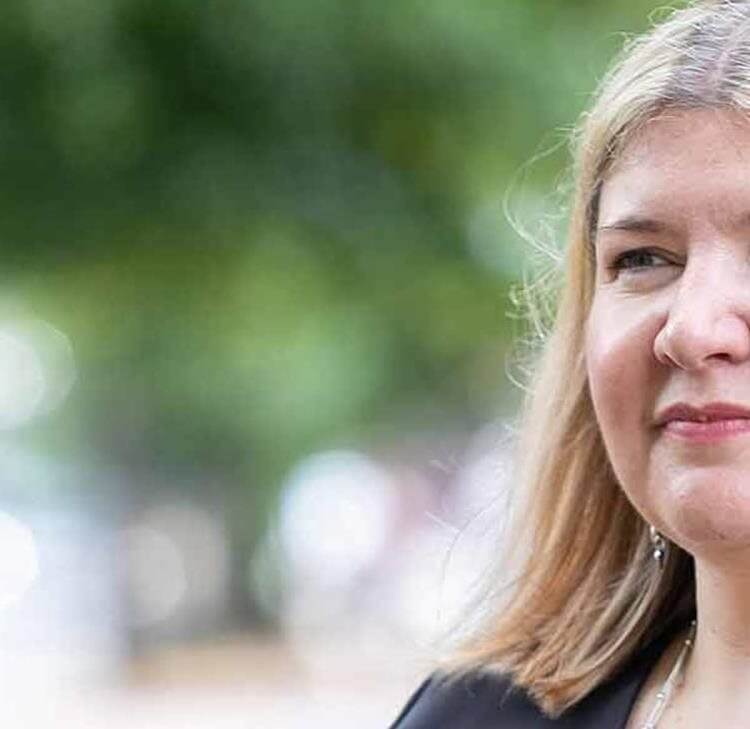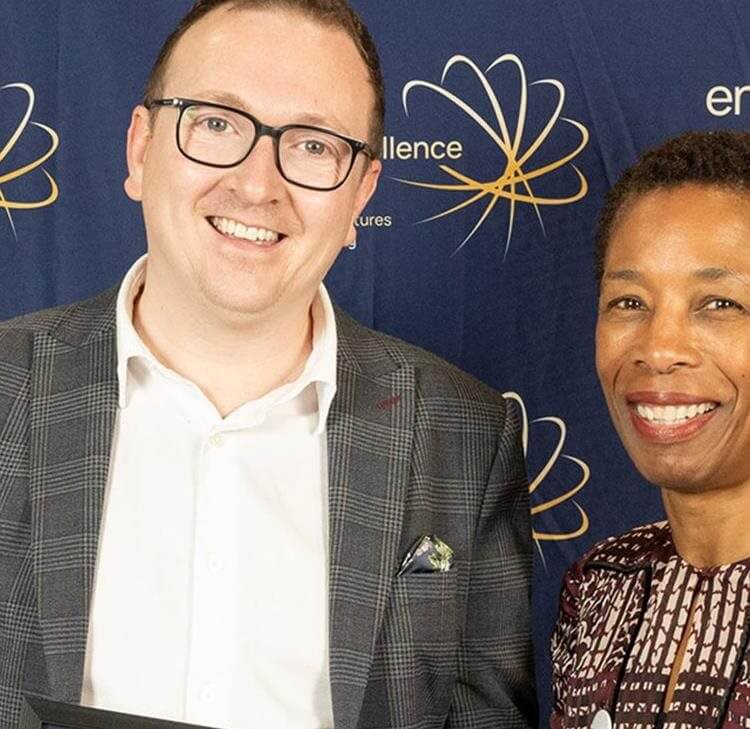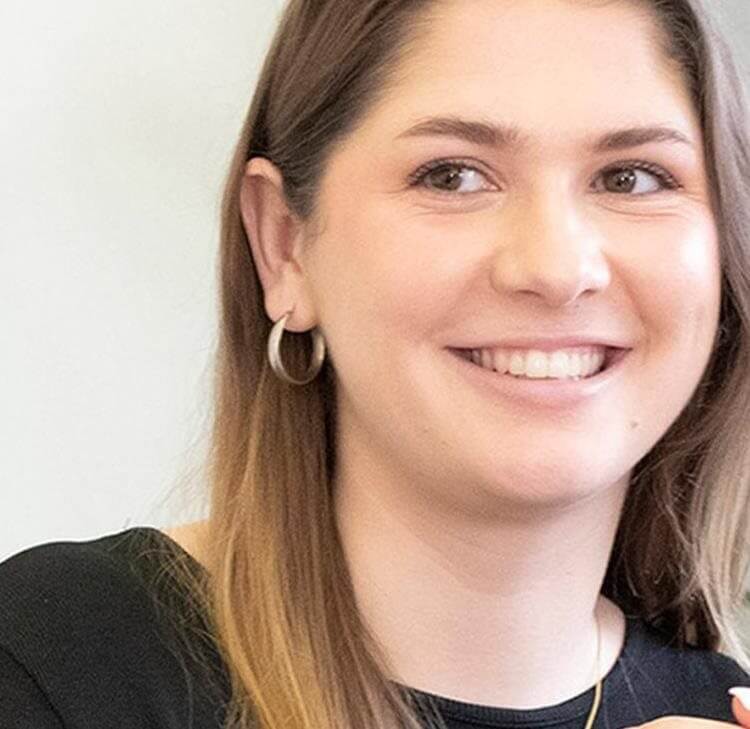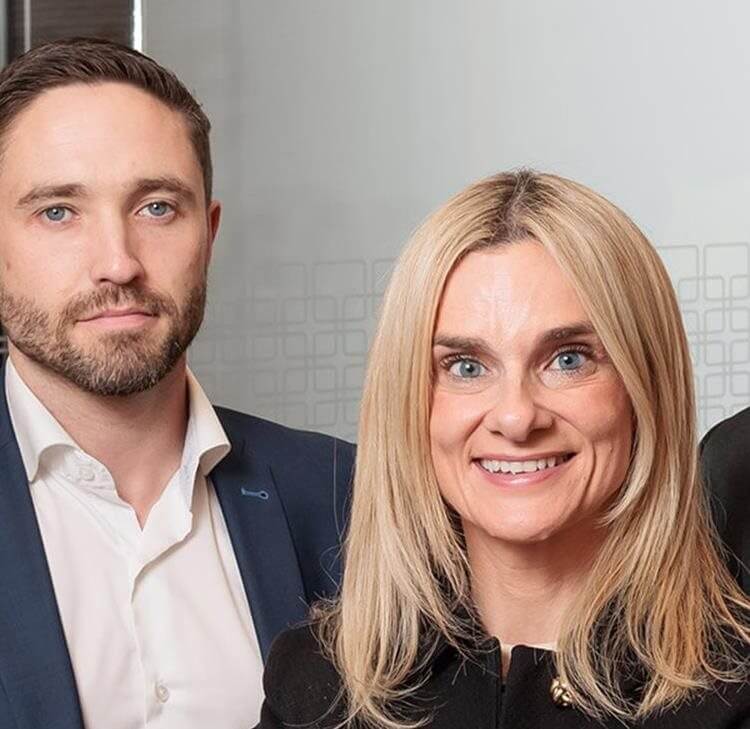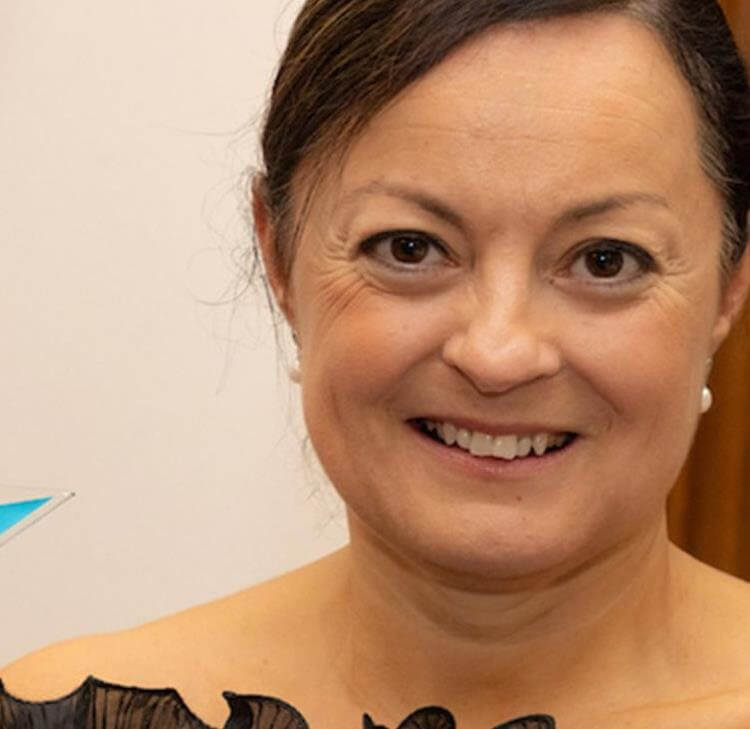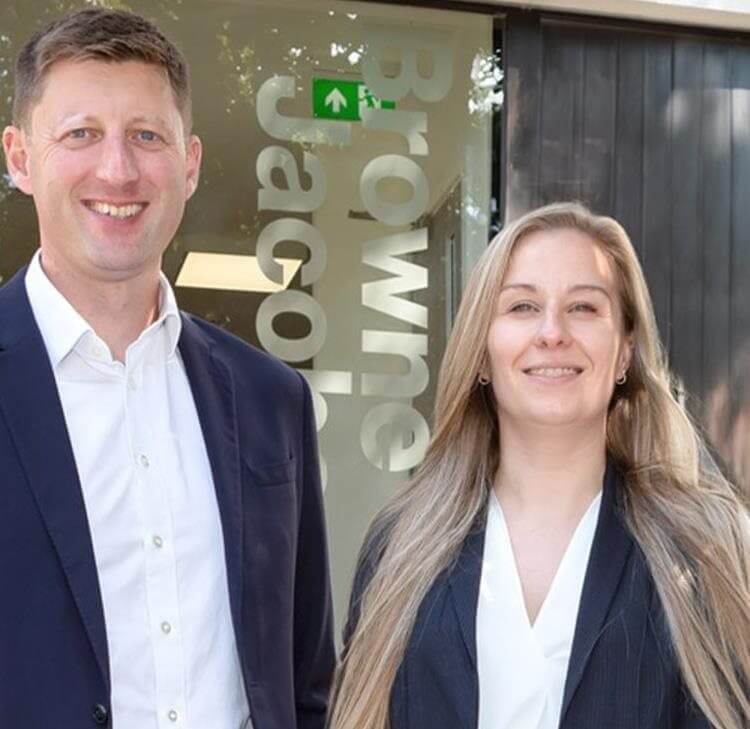A senior leader at Browne Jacobson has offered insights on social mobility policies within businesses to a House of Lords select committee.
Tom Lyas, Head of Resourcing at the UK and Ireland law firm, was part of a panel that provided oral evidence to the Social Mobility Policy Committee on Thursday, 27 March.
He discussed how Browne Jacobson, which is ranked joint-top alongside PwC in the Social Mobility Foundation's Social Mobility Employer Index for 2024, had rolled out successful initiatives to improve access to legal careers for people who are traditionally under-represented in the legal profession.
The Social Mobility Policy Committee, which is chaired by Baroness Manningham-Buller, invited Tom after publishing a call for evidence last week on how education and work opportunities can be better integrated to improve social mobility across the UK.
Tom said: “It was an honour to visit the House of Lords and reflect on the success of Browne Jacobson’s successful social mobility initiatives, which have become firmly embedded in the fabric of our firm’s approach to providing career pathways for the next generation of legal talent.
“As a firm with a strong desire to be at the forefront of society’s biggest issues, we want to break down barriers and help everyone – whatever their background – to get a foot in the door of the legal profession.
“We also believe that doing this in a fair, transparent manner enables us to reflect the diverse range of clients we serve and communities in which we operate, while creating a truly inclusive culture in which our people feel they belong helps them to thrive and innovate.
“It’s heartening to see the issue of social mobility now being discussed by our country’s lawmakers, and it was our recommendation that the government should consider making socio-economic background the 10th protected characteristic of the Equality Act to demonstrate to young people it’s on the side of talent, not privilege.
“We hope the experiences of Browne Jacobson can inspire other organisations to be brave, and not fear turning the mirror on themselves to understand how to make their business and sector better for everyone.”
Tom explained how Browne Jacobson had collected and analysed data to identify pockets of demographic under-representation within its workforce before adopting new inclusive recruitment processes and launching key initiatives.
These include the FAIRE (Fairer Access into Real Experience) programme, which is designed to provide work experience and development opportunities to students from lower socio-economic backgrounds.
More than 37,500 people aged between 16 and 19, representing 2,100 schools in social mobility “cold spots”, have attended two-day FAIRE events. These provide delegates with core knowledge about the legal profession, tips for success, and the opportunity to connect with lawyers and start building up a professional network.
The success of this has led Browne Jacobson to launch a social mobility incubator that supports other organisations on similar journeys.
In addition, the firm runs a REACH (Race, Equality and Cultural Heritage) mentoring programme, which pairs students with a mentor from Browne Jacobson or one of its partners.
Mentors share their skills, knowledge and insights to help the student gain an understanding of what it is like to work in the legal profession. The scheme also includes a paid work experience placement in one of Browne Jacobson’s seven offices.
It has achieved significant success since being piloted in 2022/23 and then launched fully in April 2024, with 54% of its mentees securing employment with the firm in the first year and increasing to 75% in year two.
Tom also discussed the role of solicitor apprenticeships in improving social mobility, with 81% of Browne Jacobson’s 2024 apprentice hires meeting social mobility criteria.
The Social Mobility Policy Committee’s call for evidence, which has a deadline of 28 April, focuses on four key areas:
- Different definitions of “social mobility”, what data exists and how trends are measured
- Support offered by educational bodies for 16 to 18-year-olds moving into the world of work
- Existence and work of regional partnerships – between schools, FE colleges, local government, charities and employers – to support students in their transition to the labour force
- Work done across the country to encourage those not in education, employment or training (NEETs) into work.
Baroness Manningham-Buller, Chair of the Social Mobility Policy Committee, said: "The number of 16- to 24-year-olds not in education, employment or training is rising. The committee wants to learn how both those providing education and training and employers are using data to understand the problem and to develop and implement strategies to address this problem.
“How do they ensure that young people from different ethnic and socio-economic backgrounds can fulfil their potential by access to guidance, support and opportunities?
“We are keen to hear the views of education providers, employers, local authorities, community groups, charities, members of the public and others."
The committee will produce a report by 30 November 2025.
Contact
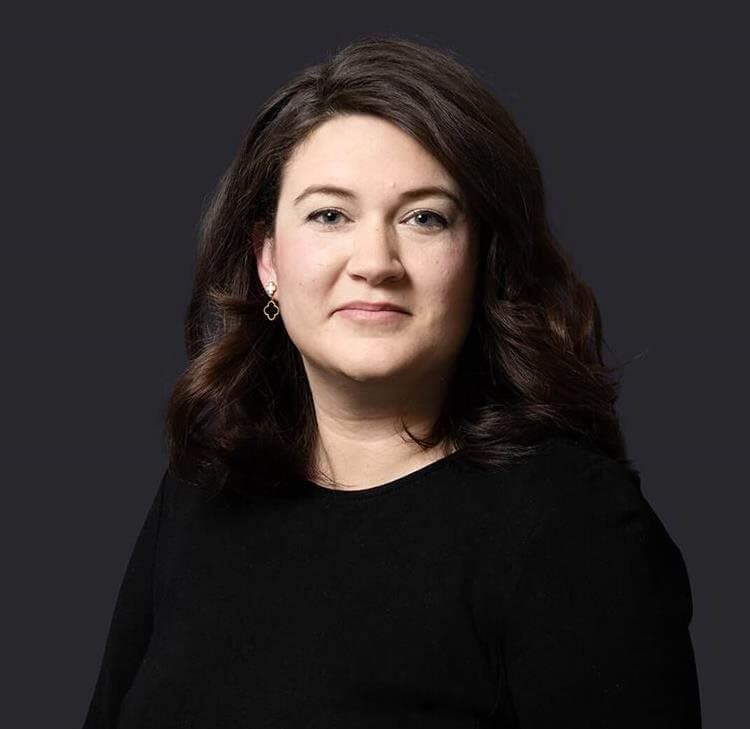
Kara Shadbolt
Senior PR & Communication Manager
kara.shadbolt@brownejacobson.com
+44 (0)330 045 1111


